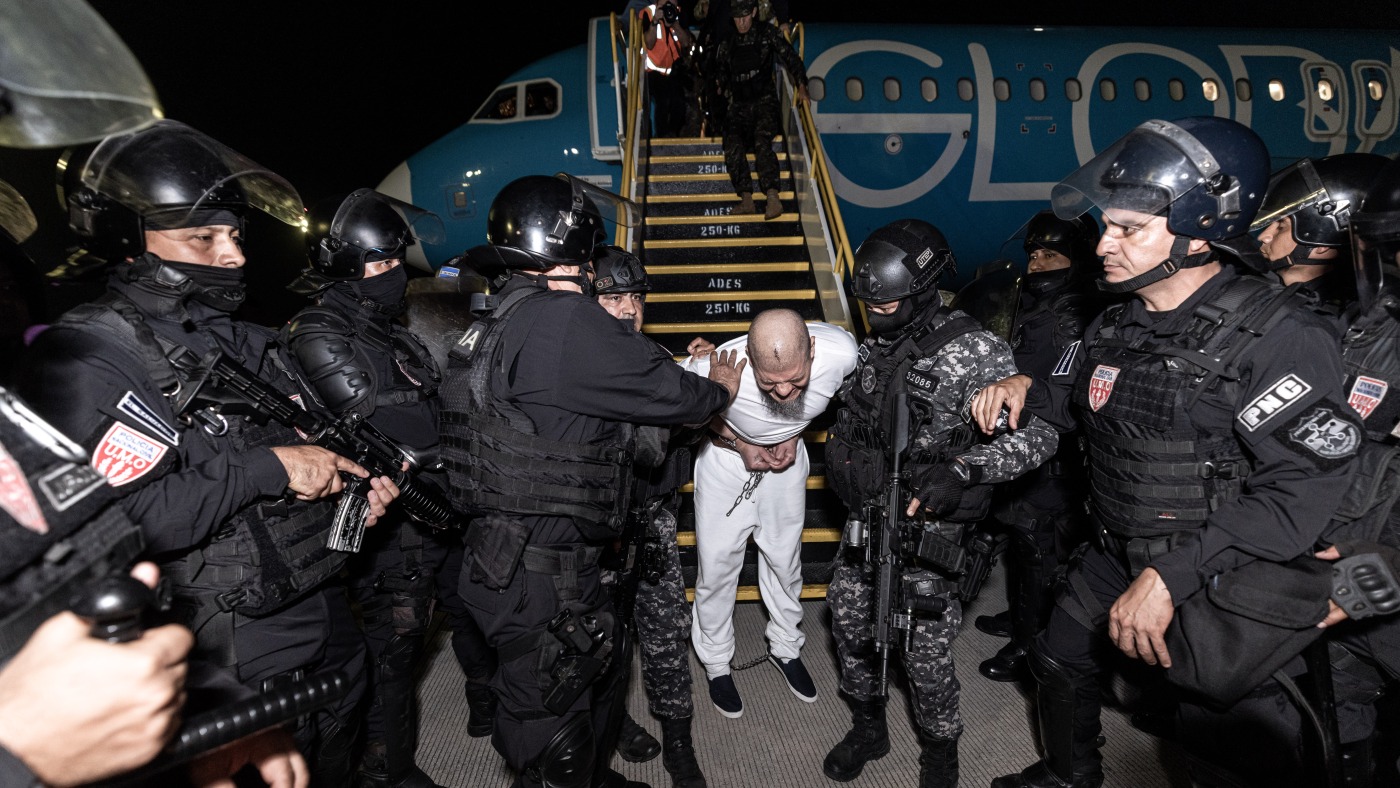The Tren de Aragua Conundrum: A Deep Dive into U.S. Intelligence Findings
Introduction
The intersection of crime, migration, and international relations often creates tangled narratives where facts blur with political agendas. The case of Tren de Aragua (TDA), a Venezuelan criminal gang, and its alleged connections to the Maduro government has become a flashpoint in U.S. immigration and foreign policy. Recent intelligence findings challenge long-held assumptions, forcing a reevaluation of how the U.S. approaches Venezuela’s role in transnational crime.
This report unpacks the declassified intelligence memo, examines its implications for U.S. policy, and situates the issue within the broader context of U.S.-Venezuela relations. By separating fact from rhetoric, we can better understand the complexities at play—and why nuance matters now more than ever.
The Intelligence Memo: What We Know
No Direct Control, But a Complicated Relationship
The most striking revelation from the intelligence memo is that Venezuelan President Nicolás Maduro does not directly control Tren de Aragua. This directly contradicts earlier White House claims that justified invoking the Alien Enemies Act—a legal tool allowing the deportation of migrants from hostile nations—against TDA members.
The memo states:
> *”The Maduro regime is probably not directing TDA’s activities in the U.S.”*
This finding dismantles a key pillar of the argument that Venezuela is actively exporting crime to American soil. However, the memo doesn’t dismiss ties altogether—it acknowledges moderate cooperation between Venezuelan officials and the gang.
Proxy Use and Indirect Support
While the Venezuelan government may not be pulling the strings, intelligence suggests that some officials use TDA members as proxies. The FBI assesses that this relationship could involve:
– Logistical support (e.g., forged documents, safe passage)
– Tacit approval of criminal operations abroad
– Selective collaboration in exchange for intelligence or other benefits
This gray area complicates the narrative. It’s not outright state-sponsored crime, but neither is it a purely independent criminal enterprise.
Implications for U.S. Policy
Legal Challenges to the Alien Enemies Act
The Alien Enemies Act was designed for wartime scenarios, allowing the deportation of nationals from hostile states. If the Venezuelan government isn’t directly controlling TDA, the legal basis for applying this act weakens significantly.
Key questions arise:
– Can the U.S. legally justify deporting Venezuelan migrants under this act if the “enemy” link is tenuous?
– Does the moderate cooperation described in the memo rise to the level of a national security threat?
Legal experts argue that without clear evidence of state direction, the act’s application may be overreach.
Political Repercussions
The intelligence findings undermine a core argument of hardline immigration policies targeting Venezuelans. If TDA isn’t a direct arm of the Maduro regime, then framing Venezuelan migration as a security threat becomes harder to justify.
This could lead to:
– Policy shifts in how Venezuelan asylum seekers are processed
– Reduced political will to maintain broad-brush sanctions
– Greater scrutiny of claims linking migrants to criminal networks
The Bigger Picture: U.S.-Venezuela Relations
A History of Mistrust
U.S.-Venezuela relations have been strained for decades, worsening under Maduro’s rule. The U.S. has imposed sanctions, accused Venezuela of election fraud, and supported opposition figures like Juan Guaidó.
The TDA controversy fits into this pattern—another point of contention where accusations fly, but evidence is often murky.
The Humanitarian Crisis Driving Migration
Beyond the crime debate, Venezuela is in economic freefall:
– Hyperinflation has crushed livelihoods
– Food and medicine shortages are rampant
– Over 7 million Venezuelans have fled since 2015
Many migrants aren’t gang members but desperate families seeking survival. The intelligence memo’s findings should prompt a reassessment of how the U.S. treats these migrants—are they security threats or victims of circumstance?
Conclusion: Why Nuance Matters
Moving Beyond Simplistic Narratives
The Tren de Aragua case shows that not all crime from Venezuela is state-sponsored, but neither is it entirely detached from government actors. The U.S. must avoid two pitfalls:
A Path Forward
A smarter U.S. approach would involve:
– Reevaluating the Alien Enemies Act’s application to avoid misuse
– Investing in regional cooperation to combat transnational crime without vilifying migrants
– Balancing security concerns with humanitarian needs—recognizing that most Venezuelans flee crisis, not to commit crimes
In the end, the Tren de Aragua saga is a reminder that geopolitics is rarely black and white. The U.S. must navigate these shades of gray with precision—or risk policies that miss the mark entirely.











